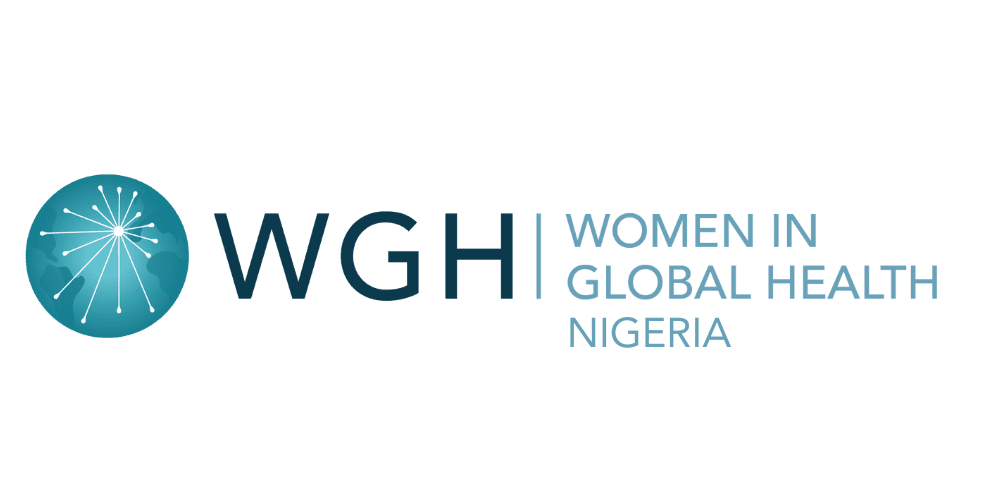The Lifesaving Gift Of Donated Breast Milk: Why We Must Do More
What’s the one vital takeaway about human breast milk donation that everyone should remember? It’s simple:
Donated breast milk saves vulnerable newborn lives when their own mothers cannot provide enough milk. Yet, despite this life-saving potential, millions of infants worldwide miss out. It’s time to bridge this critical gap.
Human breast milk donation is not a new phenomenon but a thriving practice worldwide.
According to recent global health analysis, over 750 milk banks operate across 66 countries, with promising growth in low- and middle-income regions such as Africa and Asia.
Countries like Brazil, South Africa, and the United States serve as exemples of well-integrated milk bank networks supporting fragile newborns.
These data reveal the power of coordinated community efforts but also highlight a fundamental challenge: supply cannot yet meet the overwhelming demand.
Imagine a baby born prematurely in a hospital where breast milk donation is unavailable.
This infant’s developing immune system faces a daunting battle against infections and life-threatening complications.
A recent study estimates that up to one in every four neonatal deaths linked to infections might be averted if access to donor milk were universal.
In 2024, milk banks in California partnered with nearly 1,700 approved donors and over 140 hospitals to dispense over 1.2 million ounces of pasteurized donor human milk (PDHM), with demand growing 15% annually.
Such figures highlight the urgent need for expanded donor recruitment and infrastructure worldwide.
But the challenge goes beyond infrastructure.
Milk banks in many settings face hurdles such as recruiting enough donors, maintaining safe milk processing, and overcoming cultural myths about milk sharing.
Empowering families with accurate, reassuring information is essential to dispel fears and foster generosity.
These hurdles are surmountable, as evidenced by successful milk banking initiatives in sub-Saharan Africa that have improved neonatal survival rates and strengthened community bonds.
Spotlight on Uganda:
ATTA Breastmilk Community
In Uganda, the ATTA Breastmilk Community, founded by Tracy Ahumuza after the loss of her daughter, exemplifies how personal experience can fuel societal change.
Named after Tracy and her daughter Alyssa, ATTA connects donor mothers with babies in need, ensuring screened, safe breast milk reaches vulnerable infants.
Since its inception, ATTA has dispensed over 600 liters of donor milk to more than 400 newborns, while also leading lactation education and challenging cultural stigmas around milk sharing.
Tracy’s work is a beacon of grassroots innovation making tangible health improvements in Uganda (Learn more) and has been featured by the Mastercard Foundation in telling the story behind this life-saving community engagement (Read the story).
Spotlight on Nigeria: Milk Bank Nigeria
Nigeria’s Milk Bank Nigeria initiative tackles one of Africa’s highest preterm birth rates by fostering donor milk awareness, infrastructure, and cultural acceptance.
Through partnerships with hospitals and communities, it seeks to expand access and save thousands of newborn lives annually across the country.
Why Should This Concern Everyone?
Behind every statistic is a newborn whose chance at life hinges on circumstances beyond their control.
Behind every donor is a mother whose generosity echoes in the lives she saves. And behind every policy is a society choosing compassion and equity.
As an advocate for maternal and child health, I wish to call on policymakers, healthcare providers, communities, and citizens to rally behind this cause. By investing in milk bank infrastructure, simplifying donor screening, supporting breastfeeding mothers, and launching awareness campaigns, we can ensure that every infant receives the nourishment they deserve

Favour Christiana
Favour Christiana Ogbuagu, is an EmpowerHer Health Fellow, Women in Global Health (WGH) Nigeria. She can be reached via; @favourchristi (Instagram) and Favour Christiana Ogbuagu-Stephen (LinkedIn & Facebook)

